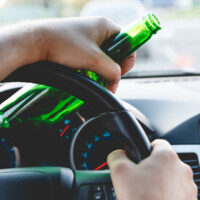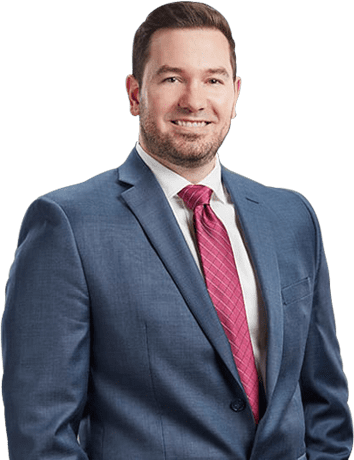Driver Impairment, Driver Intoxication, and Legal Responsibility

Coronavirus pandemic lockdowns are over, but the long-term effects of these lockdowns may be just beginning. In 2022, for the second consecutive year, alcohol-related crash fatalities increased by over 10 percent. Fewer motor vehicle fatalities was supposed to be one of the pandemic cloud’s silver linings. Instead, the opposite has occurred. This bad habit (drinking and driving), like many other bad habits, is proving easy to form and hard to break.
The coronavirus pandemic changed our lives, but the approach of a Carlsbad personal injury lawyer hasn’t changed. Before, during, and after the pandemic, attorneys thoroughly review cases, diligently collect evidence, and then relentlessly fight for the compensation victims need and deserve. This compensation usually includes money for economic losses, such as medical bills, and noneconomic losses, such as pain and suffering.
Alcohol Impairment
This substance is a powerful depressant that impairs both motor skills and judgment abilities. So, until these effects wear off, drivers cannot properly control their vehicles or make good decisions, such as timing a stoplight.
As a rule of thumb, the body can only process one serving of alcohol per hour. So,, if tortfeasors (negligent drivers) get behind the wheel too soon or drink too much, they are seriously impaired, even if they aren’t legally drunk.
Normally, a San Marcos personal injury lawyer uses circumstantial evidence to establish alcohol impairment. This evidence usually includes:
- Erratic driving before the wreck,
- Physical symptoms, such as bloodshot eyes or unsteady balance, and
- Tortfeasor’s departure point (e.g. did s/he come from a bar or another place where alcohol is served).
Direct evidence, such as the tortfeasor’s statements regarding alcohol consumption and purchase records at a bar, is usually admissible as well, even if such evidence is out-of-court hearsay. The statement against interests exception usually applies to drinking admissions. The business records exception usually applies to receipts and credit card statements.
A third party, like a party host, could be vicariously liable for damages in these cases, under a theory like negligent undertaking.
Alcohol Intoxication
Usually, a San Marcos personal injury lawyer doesn’t need circumstantial or hearsay evidence in alcohol intoxication matters. Most San Diego County law enforcement agencies have mandatory DUI arrest policies. Officers must arrest these suspects and charge them with DUIs. They cannot issue warnings or charge them with a lesser offense, like possession of an open container.
If a violation of a safety law, like the DUI law, substantially causes injury, the tortfeasor could be liable for damages as a matter of law. The negligence per se rule usually applies in civil court regardless of the case’s outcome in criminal court. Civil and criminal cases serve different functions. Civil cases compensate victims and criminal cases punish offenders.
These same principles apply to other substance abuse-related wrecks, such as drugged driving wrecks. In California, any substance, including caffeine or sugar, could be intoxicating, and the negligence per se rule could apply.
The negligent entrustment theory could also apply in an intoxicated motorist case. Third-party liability is often very important in alcohol-related wreck claims. These collisions cause such serious injuries that the tortfeasor often doesn’t have enough insurance to cover all the losses.
Rely on a Hard-Hitting San Diego County Lawyer
Injury victims are entitled to substantial compensation. For a free consultation with an experienced personal injury lawyer in San Marcos, contact the Pursley Law Firm. We do not charge upfront legal fees in these matters.
Source:
madd.org/press-release/epidemic-plaguing-americas-roads-reaches-historic-levels/#

